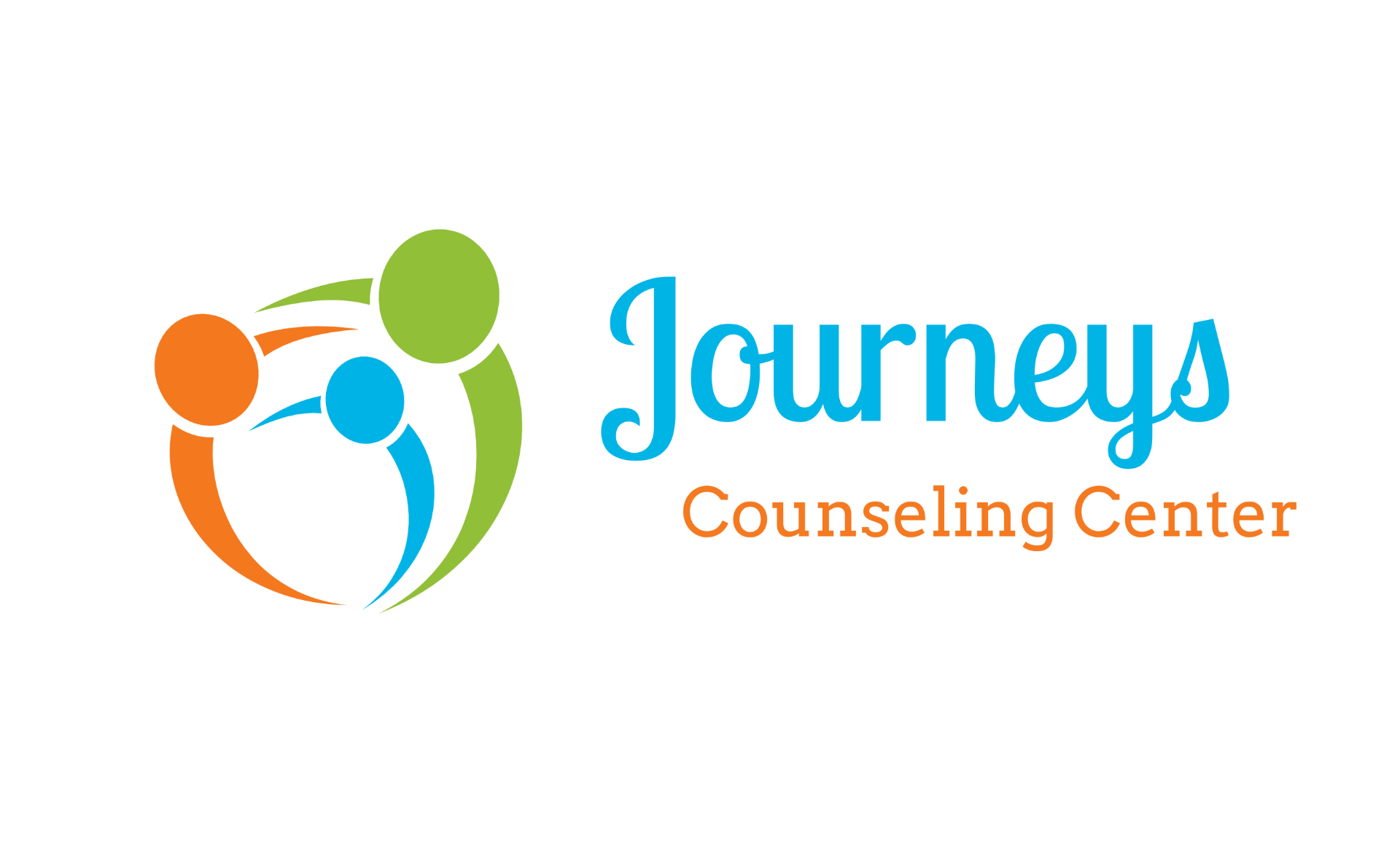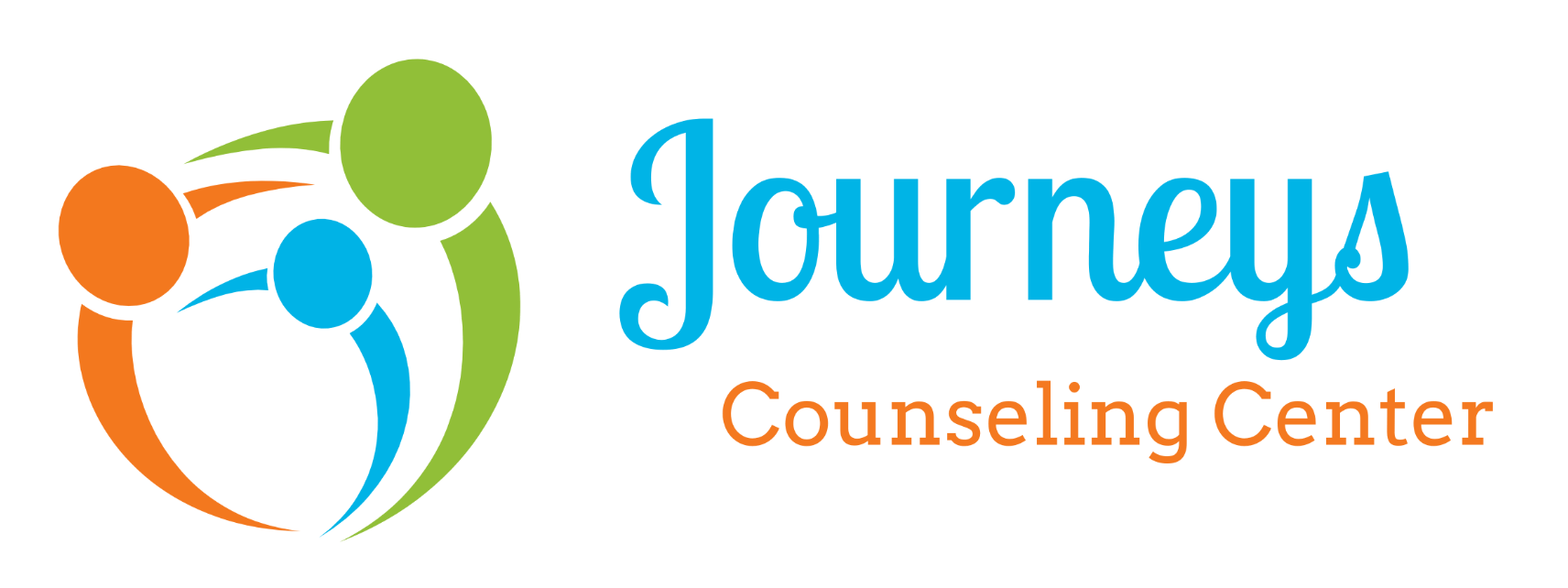How Childhood Trauma Contributes to Adult Depression—and How Therapy Helps Heal

Childhood is a critical time for emotional development. When that development is disrupted by trauma, whether from abuse, neglect, loss, or chronic stress, it can leave deep lasting effects. One of the most significant and often overlooked consequences of early trauma is its link to depression in adulthood. To help you understand the connection, here’s how past experiences might be shaping your present and how therapy can help you heal.
Why Childhood Trauma Can Lead to Adult Depression
Trauma in childhood can take many forms: physical or emotional abuse, witnessing domestic violence, losing a parent or caregiver, or growing up in an unstable environment. These early experiences affect how the brain processes emotions, relationships, and stress. Over time, unresolved trauma can contribute to chronic emotional struggles, including major depressive disorder.
Research supports this connection. According to the Adverse Childhood Experiences (ACE) Study conducted by the CDC and Kaiser Permanente, individuals who experienced four or more types of adverse events during childhood were more than four times as likely to develop depression compared to those with no adverse experiences.
Trauma interferes with a child’s developing sense of safety and self-worth. When those wounds are left untreated, they can resurface as feelings of hopelessness, worthlessness, or persistent sadness in adulthood.
Signs of Depression Rooted in Early Trauma
Depression caused by unresolved trauma can impact all areas of life, from relationships and work to physical health. Common symptoms include:
- Chronic sadness or emptiness
- Loss of interest in activities
- Low energy or fatigue
- Irritability or emotional numbness
- Difficulty concentrating or making decisions
- Feelings of guilt or shame
- Trouble sleeping or oversleeping
- Changes in appetite
- Thoughts of self-harm or suicide
These symptoms can disrupt daily routines and relationships, leaving people feeling isolated and overwhelmed. Without intervention and therapy, depression can significantly reduce a person’s overall quality of life.
How Therapy Supports Healing From Depression
The good news is that depression linked to childhood trauma is treatable. Therapy for depression can provide a safe and supportive environment to explore difficult memories, process emotions, and begin the work of healing. Some different therapies for treating trauma-related depression include:
- Cognitive Behavioral Therapy (CBT)
CBT helps individuals identify and challenge negative thought patterns and replace them with healthier ways of thinking and behaving. It’s especially effective in treating both depression and trauma responses. - Eye Movement Desensitization and Reprocessing (EMDR)
EMDR is a targeted therapy that guides the brain in reprocessing distressing memories, helping to lessen their emotional impact. Backed by extensive research, it’s a proven and effective method for treating trauma. Ask ChatGPT - Trauma-Focused Therapy
Designed specifically for clients with a history of trauma, this approach to treating depression focuses on helping individuals understand their trauma. As a result, it reduces its impact and helps individuals to develop new coping skills. - Inner Child Work or Psychodynamic Therapy
These methods help clients uncover unresolved emotions from childhood and work toward integration and self-compassion.
Heal from Childhood Trauma & Depression With Professional Counseling
If you’re struggling with depression and suspect that childhood trauma could be a root cause, help is available, and healing is possible. At Journeys Counseling Center in Lubbock, TX, we provide compassionate, trauma-informed therapy for depression to help you process the past and reclaim your present.
You don’t have to carry the weight of childhood pain alone. Contact Journeys Counseling Center today to schedule a confidential appointment.

